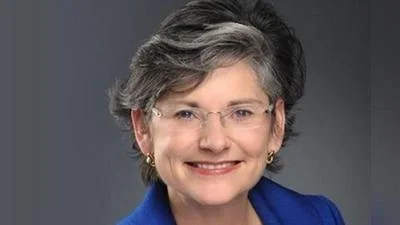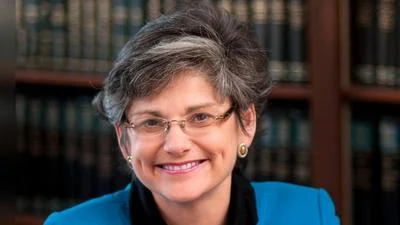Waded Cruzado President of Montana State University | Official Website
Waded Cruzado President of Montana State University | Official Website
Scholars from various institutions across the United States gathered at Montana State University (MSU) for a symposium focused on "The Future of Research in the Age of AI." Held on March 27-28, the event was part of a series sponsored by the American Historical Association, addressing large-scale research topics.
William Thomas, a history professor and dean of MSU’s College of Letters and Science, also serves as vice president of the AHA’s research division. He facilitated the symposium, which involved leveraging artificial intelligence and machine learning to enhance research and educational outcomes at the university. "This conference was inspiring in several ways," Thomas noted, highlighting how some of the leading historians and researchers showcased the transformative impact of AI and machine learning on large-scale research.
The symposium's first day featured presentations from historians, archivists, and social science researchers, detailing their use of AI tools. These included identifying unlabeled historical images, dating undated documents, and organizing data. "AI is already revolutionizing research," said Thomas. "It’s truly exciting stuff, and we need to be thinking about how we do research differently."
The second day involved roundtable discussions, moderated by MSU faculty, focusing on ethical considerations around AI usage in academic work. Jason Clark, head of Research Optimization, Analytics, and Data Services at the MSU Library, co-moderated a session. He expressed that participants were eager to engage in discussions about the ethical use of generative AI tools. “I met a number of new people and a number of students who were able to sit with faculty and offer their own perspectives about how to use these generative AI tools ethically and why or why not to use them in your writing process,” Clark stated.
The MSU Library and other entities under the MSU Research Alliance are developing guidelines for AI usage in teaching and research. Doralyn Rossmann, dean of the MSU Library, noted the broader community engagement made possible by hosting the national conference at MSU. “Being able to share across disciplines at this conference highlights the rapidly emerging role of AI across our information society,” Rossmann said.
Discussions at the symposium have already influenced plans for future projects, Thomas explained. He proposed the idea of developing tools that future researchers might need decades from now. "The conference helped put Montana State University at the forefront of large-scale historical research using AI, and it helped our faculty and students to think through its potential benefits and pitfalls,” he added.
The symposium received support not only from the College of Letters and Science but also from MSU’s Norm Asbjornson College of Engineering and College of Arts and Architecture.






 Alerts Sign-up
Alerts Sign-up